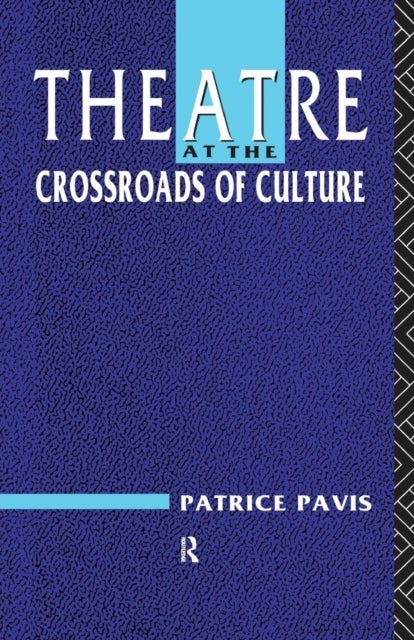
Theatre at the Crossroads of Culture av Patrice (University of Kent UK) Pavis
529,-
Western culture has a long and fraught history of cultural appropriation, a history that has particular resonance within performance practice. Patrice Pavis asks what is at stake politically and aesthetically when cultures meet at the crossroads of theatre.?<BR> A series of major recent productions are analysed, including Peter Brook''s <EM>Mahabharata</EM>, Cixous/Mnouchkine''s <EM>Indiande</EM>, and Barba''s <EM>Faust</EM>. These focus discussions on translation, appropriation, adaptation, cultural misunderstanding, and theatrical exploration. Never losing sight of the theatrical experience, Pavis confronts problems of colonialism, anthropology, and ethnography. This signals a radical movement away from the director and the word, towards the complex relationship between performance, performer, and spectator.<BR> Despite the problematic politics of cultural exchange in the theatre, interculturalism is not a one-sided process. Using the metaphor of the hourglass to discuss the transfer








